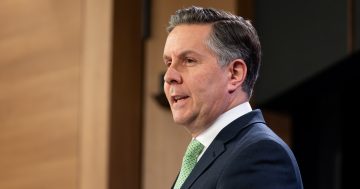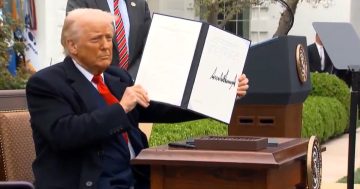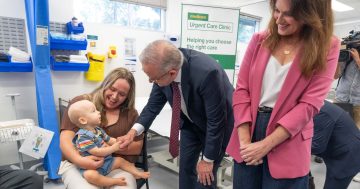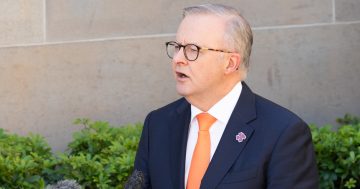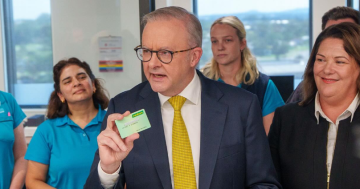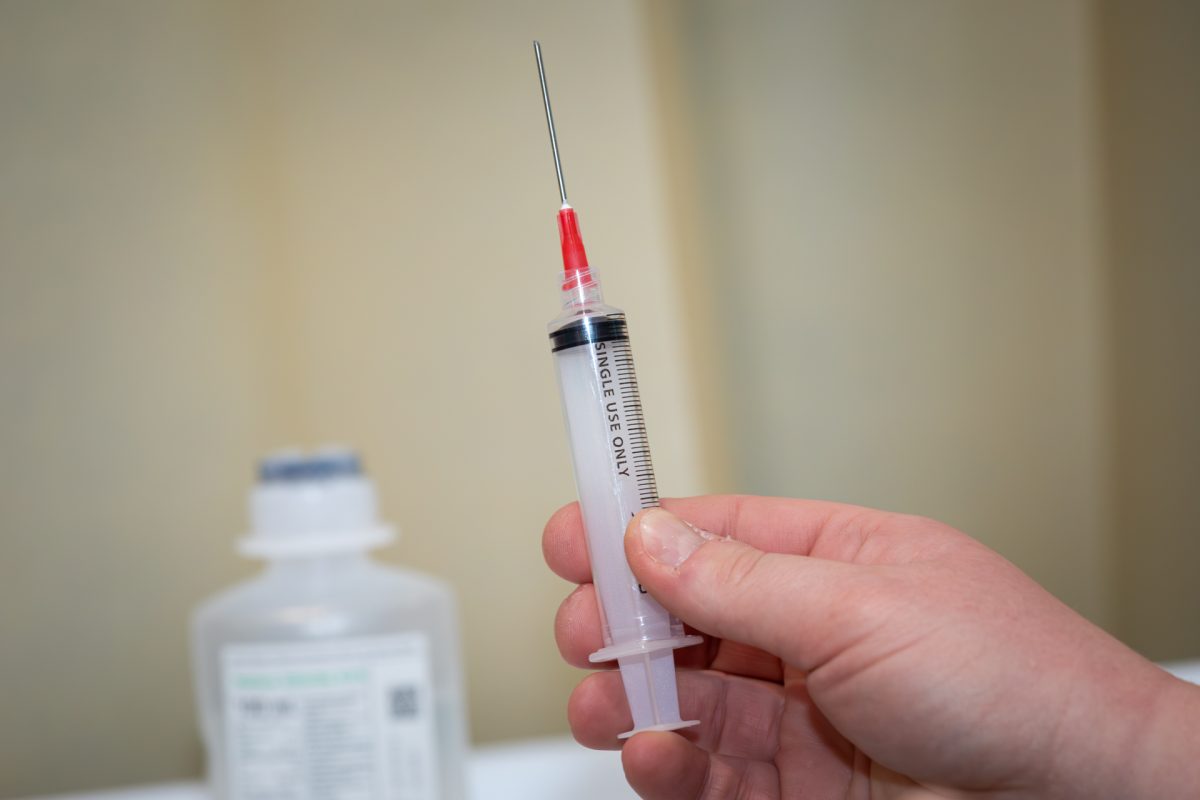
Australian pharmaceutical exports to the United States may be subject to a 200 per cent tariff . Photo: Michelle Kroll.
Donald Trump has flagged a potential 200 per cent tariff on pharmaceuticals and the Federal Government is desperately trying to find out what that might mean for Australia.
The United States President wants more pharmaceuticals manufactured in America and is prepared to place heavy taxes on those that aren’t.
To date he has kept pharmaceuticals exempt from tariffs but they now seem firmly on the table, along with a possible 50 per cent tariff on copper.
Speaking to the media in the US, Mr Trump said he would give drug manufacturers about a year and a half to bring their production to the US before the tariffs were imposed.
“They’re going to be tariffed at a very, very high rate, like 200 per cent,” he said.
“We’ll give them a certain period of time to get their act together.”
It is the latest development in the chaotic tariff regime the US President has ignited since coming to office.
For Australia, the impact could be disastrous.
Australia is a huge exporter of pharmaceutical products to the US; last year alone they totalled $2.2 billion (AUS).
In the US, however, the drug industry has lobbied hard for pressure to be placed on Australia’s Pharmaceutical Benefits Scheme (PBS) and its power over medicine prices in this country.
The Federal Government insists the PBS is not up for negotiation in any trade talks with the US Government, but this latest thought bubble has Labor concerned.
Treasurer Jim Chalmers described the news as a “very concerning development” and added that the government was urgently seeking to learn more about the US’s plans for pharmaceuticals.
The threat of tariffs on copper was of less concern to Australia.
“Our exports of copper to the US are actually quite small. The US accounts for less than one per cent of our copper exports,” he told Radio National.
“Much more concerning are the developments around pharmaceuticals.
“Our pharmaceuticals industry is much more exposed to the US market and that’s why we’re seeking, urgently seeking, some more detail on what’s been announced.
“I want to make it really clear once again, as we have on a number of occasions before, our pharmaceutical benefits scheme is not something that we’re willing to trade away or do deals on. That won’t change.”
Shadow Treasurer Ted O’Brien also described the development as “deeply concerning” but added that the Federal Government should have been more prepared for the news.
He said Anthony Albanese should be making a greater effort to plead Australia’s case directly to the President.
“It should come as no surprise to the government, which is why I’m just so angry that the Prime Minister has not prioritised a relationship with the United States,” Mr O’Brien said during a Sky News interview.
“People have been talking about the threat to our pharmaceutical sector through tariffs for months now.
“But the government has not taken adequate action.”
Prior to the news breaking of Mr Trump’s pharmaceuticals comments, the Australian Productivity Commission released its Annual Trade and Assistance Review modelling scenarios for how the tariffs imposed so far could impact Australia.
It suggests Australia will likely benefit from Donald Trump’s trade tariffs so long as it doesn’t impose reciprocal tariffs on the US.
Modeling shows the tariffs could result in a 0.37 per cent increase in Australia’s economic output, as some global capital flows are directed to this country.
The Commission also advocates for further lowering of Australia’s trade tariffs.
“One clear finding from our modelling of tariff scenarios is that Australia should not retaliate to tariffs imposed on Australian goods and services,” the report states.
“Increasing our direct barriers to trade and investment, even if in retaliation, would come at a cost.”
Productivity Commission deputy chair Alex Robson explained one scenario during an ABC interview on Wednesday (9 July).
“What happens is that there’s capital outflow from the United States that’s got to go somewhere,” he said.
“It comes to Australia as well as other countries and the overall impact on us in the long run is that capital inflow increases our production and is actually good for GDP in Australia, by a very small amount.”
Original Article published by Chris Johnson on Region Canberra.


